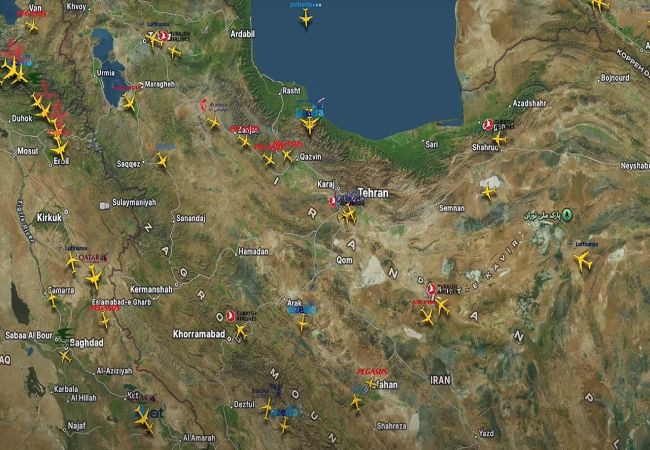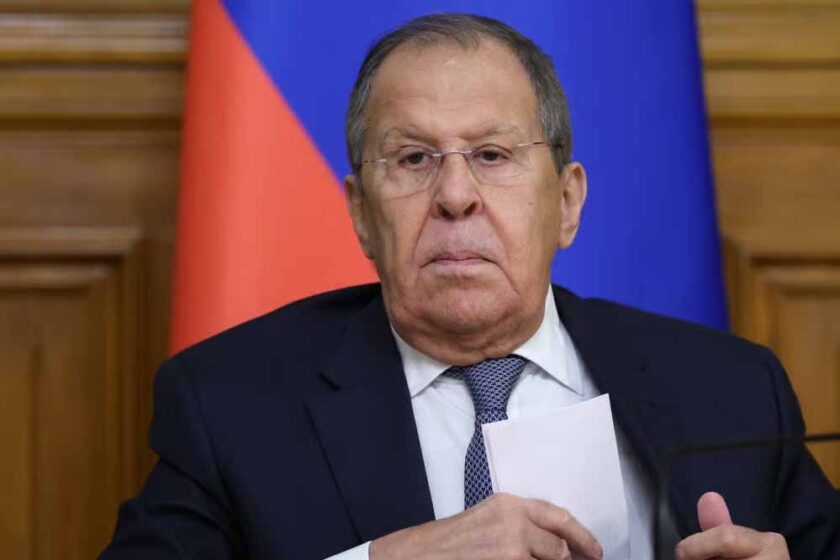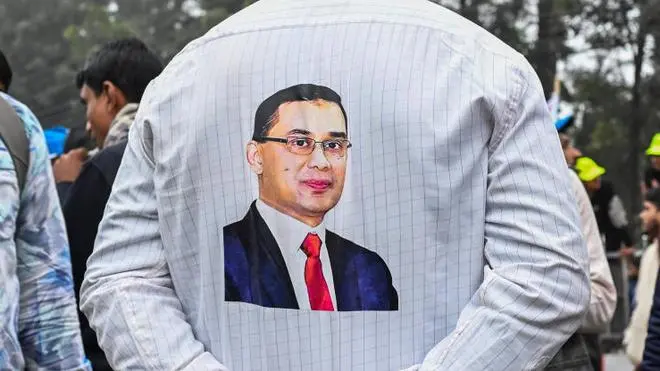Middle East: The geopolitical situation in the Middle East has taken a dramatic turn following reports of an Israeli airstrike on Iran’s capital, Tehran. The alleged attack specifically targeted Iran’s nuclear facilities, pushing both nations to the brink of open conflict. The developments have triggered widespread alarm across the region and raised fears of a full-scale war.
Six Countries Shut Down Airspace
In a move reflecting the gravity of the situation, six nations — Israel, Iran, Iraq, Jordan, Lebanon, and Syria — have completely closed their airspace. This unprecedented decision has halted all civil and commercial aviation in the region. Aviation experts suggest such closures are a strong indication that a major military confrontation could be imminent, with potential consequences for global security and economic stability.
Jordan on High Alert
Amid the escalating tensions, Jordan has placed its military forces on high alert. According to a senior military official, all units have been ordered to maintain maximum readiness. Government spokesperson Dr. Mohammad Al-Momani stated that Jordan will not tolerate any violation of its airspace and will not allow its territory to be used as a battleground for foreign powers.
Military analysts believe these measures — airspace shutdowns and heightened military readiness — are not merely defensive, but may be precursors to broader regional hostilities.
India Issues Advisory
In light of the developments, India has issued a travel advisory, urging its citizens in the region to remain vigilant and avoid non-essential travel. Emergency evacuation plans are reportedly being reviewed in coordination with embassies.

Global Implications
The possible fallout from a direct Israel-Iran confrontation is massive. Experts warn that such a conflict could destabilize oil markets, disrupt international shipping through key waterways, and further strain already fragile diplomatic relations in the Middle East.
As the world watches closely, calls for restraint and immediate de-escalation are mounting. The United Nations Security Council is expected to convene an emergency session to discuss the unfolding crisis.
The situation remains highly volatile, and international leaders are urging dialogue over confrontation in one of the world’s most politically sensitive regions.










